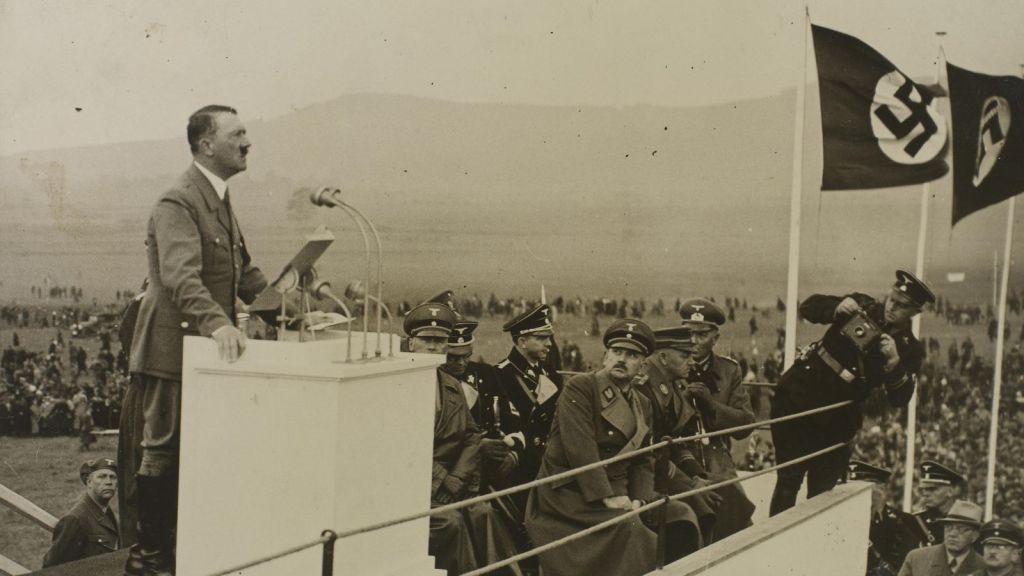“Unraveling the Dark Path: 14 Surprising Factors That Fueled Hitler’s Rise to Power”
The passage of the Enabling Act marked the end of democracy in Germany and the beginning of Hitler’s dictatorship. It’s a prime example of how he used legal means to achieve his tyrannical ends.
10. Military Veterans’ Support


Many of Hitler’s earliest supporters were former soldiers who had fought in World War I. These men felt betrayed by their government, which they believed had abandoned them by signing the Treaty of Versailles. Hitler, who himself served as a soldier during the war, spoke to their frustrations and anger.
He promised to restore the military to its former strength and make Germany a global power once again. By aligning himself with these veterans, Hitler gained not just their votes but also their loyalty and, in many cases, their participation in violent paramilitary groups that helped enforce Nazi rule.
11. The Reichstag Fire


In February 1933, just weeks after Hitler became Chancellor, the German parliament building, the Reichstag, was set on fire. Though the actual cause remains debated, Hitler seized the opportunity to blame communists for the arson. This event became a major turning point, allowing Hitler to declare a state of emergency.
He used the fire as an excuse to clamp down on civil liberties, arrest political opponents, and strengthen his grip on power. The Reichstag Fire showed just how far Hitler was willing to go to exploit a crisis for political gain.













